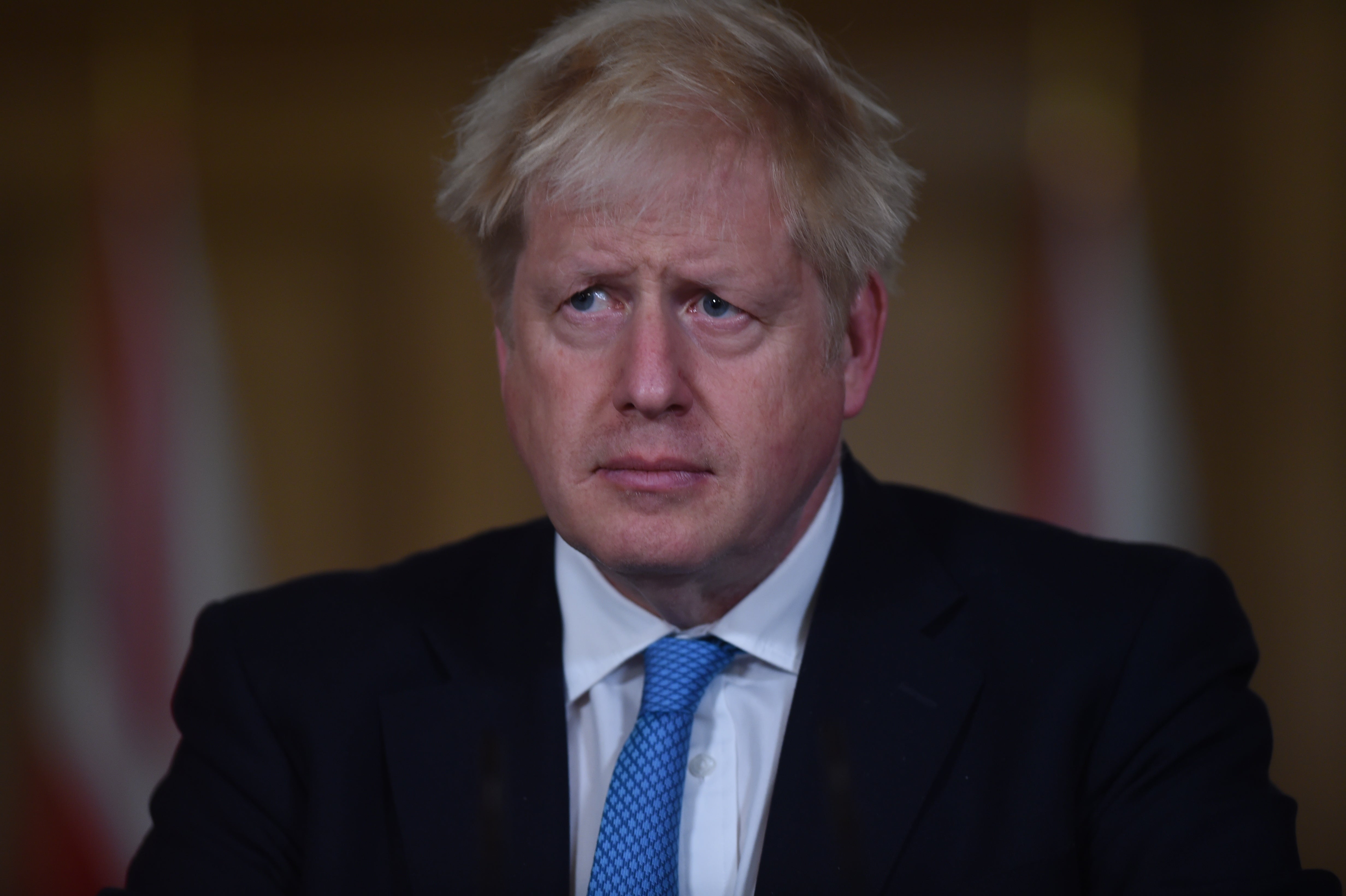How the political consensus over coronavirus unravelled
It’s not just the cross-party cooperation that’s disappearing, says Ashley Cowburn


On 4 April, during the height of the first wave of the novel coronavirus and coinciding with Sir Keir Starmer’s election as Labour leader, Boris Johnson wrote to all of Westminster’s opposition parties inviting them to a briefing with senior government advisers.
The prime minister told them as “leaders we have a duty to work together during this moment of national emergency” and in his own (virtual) victory speech to the party faithful, Sir Keir set the scene for Labour’s approach to pandemic, vowing to “engage constructively” with the government during the crisis.
It was a political consensus that by and large appeared to stand firm during the initial weeks and months of the pandemic. Of course, Labour remained critical of the government’s failings on issues such as the beleaguered test and trace system and economic support for those unable to work, but the party supported Mr Johnson’s measures to fight the virus in the Commons.
But with the country facing a second wave of the virus that has already claimed tens of thousands of lives, the consensus has crumbled, not just between Labour and the Conservatives, but between No 10 and northern leaders, ministers and scientists, central government and devolved administrations, and MPs within political parties offering differing views over how to approach a resurgence in cases.
Alongside the chancellor Rishi Sunak’s economic measures, the prime minister’s new approach – a three-tier regional system for England – unveiled on Monday kick-started a week of divisions over how to approach the winter months.
Shortly after Mr Johnson’s strategy was announced in parliament, the government’s Scientific Advisory Group for Emergencies (Sage) published explosive documents showing No 10 had rejected their advice. Three weeks ago, it emerged, they were urging the consideration of a time-limited “circuit-breaker” lockdown and urged immediate action to prevent a “very large epidemic with catastrophic consequences in terms of direct Covid-related deaths”.
For the first time, Sir Keir announced a major departure from Mr Johnson’s approach and sided with the government scientists. He warned the new three-tier system would “prolong agony” to the economy and used a press conference to call for a two- to three-week lockdown, during which non-essential workplaces and shops as well as restaurants, bars and pubs would be closed.
After late-night discussions at Stormont, Northern Ireland’s political leaders also decided to impose a circuit-breaker lockdown, which came into effect on Friday. The Welsh government is now considering a similar move and, furious at No 10’s failure to respond to communications, imposed its own travel ban on individuals travelling to Wales from virus hotspots in the rest of the UK.
Leaders in Liverpool and Greater Manchester – faced with worrying levels of the virus and the prospect of entering the highest tier of restrictions – were also dismayed at the economic support. Unlike at the onset of the pandemic, when the Treasury was paying 80 per cent of workers’ wages, the new measures cover two-thirds.
The most vocal criticism came from the mayor of Greater Manchester Andy Burnham, who has refused to accept the ramping up of restrictions without further financial support. In a statement, he accused the government of treating the north of England with “contempt” and said the northwest was being used as the “canary in the mine” for an “ill thought through Downing Street policy which doesn’t make sense in the real world”.
Mr Johnson responded at the No 10 coronavirus briefing on Friday warning that he is prepared to impose the severe measures on the region if agreement cannot be reached “in order to protect Manchester’s hospitals and save the lives of Manchester’s residents”. Both sides are yet to resume discussions.
The prime minister has not ruled out another national lockdown, but well aware of the growing discontent on the Conservative backbenches over the restrictions, he is hoping to stick to his regional-based approached, avoiding the reintroduction of draconian measures in areas where the infection rate is low. Facing fire from all sides and an evident breakdown in consensus over the way forward, it remains to be seen just how long No 10 will stick by its policy.




Join our commenting forum
Join thought-provoking conversations, follow other Independent readers and see their replies
14Comments